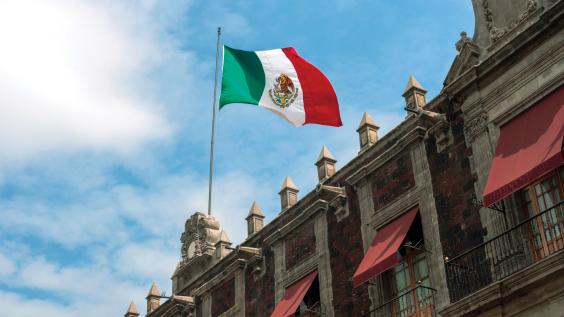Public Policy in Urban Development: The Privatization of Public Goods in Ciudad Juárez

Table of Contents
Author(s)
Lourdes Ampudia Rueda
Visiting Scholar, Mexico Center | Research Professor, Institute of Social Sciences and Administration, Universidad Autónoma de Ciudad JuárezTo access the full paper, download the PDF on the left-hand sidebar.
Introduction
Recently, there has been a lot of discussion about an important issue—the privatization of public goods by indirect means. This is also referred to as the transfer of collective assets, the usufruct1 of those goods, or the profits from them to private actors through the creation and implementation of public policies that favor individuals. In Mexico, this privatization has been associated with far-reaching, fundamental changes in the country’s approach to public policy. One of these key changes is the fact that the economic elite have been increasingly open in their participation in public policy and administration since the 1980s. They have gotten involved in public decision-making processes, thereby expanding their influence on the government’s actions, often in favor of their own private interests. In turn, this has decreased the representation of minorities and lower socioeconomic strata in public endeavors. The influence of private interests on public decisions is not only external to wealth polarization trends, which are reflected in the significant increase in urban poverty in Mexican cities, but it also contributes to said polarization through the massive redistribution of public goods and associated profits to private hands. One of the most important ways to transfer the usufruct of public goods to private hands or appropriate the gains resulting from public projects is through urban development policies. It is clear that the insertion of the economic elite in this field has led to a transfer of public resources to private hands, not only through the implementation of urban development, but also occasionally by transferring the ownership and use of public goods, which is partly justified by the idea that private actors are more efficient in managing urban resources.
This paper focuses on privatization in Ciudad Juárez, Chihuahua, Mexico, and offers a critical analysis of the fundamental changes in the creation and implementation of public policies that have made it possible for private interests to directly intervene in government activities, resulting in the transfer or use of public goods to private actors. This paper also uses an investigation of the elite’s participation strategies in urban planning to analyze how Mexico’s economic elite influence public affairs in order to privatize goods. Specifically, this study focuses on analyzing the indirect transfer or sale of public goods to individuals and private entities through 1) deregulation mechanisms, 2) the strategic allocation of projects that generate wealth focusing on certain areas or groups, and 3) the use of market processes to favor private interests through the exercise of public funds and investment that are mainly unregulated and even irregular in urban infrastructure.
This material may be quoted or reproduced without prior permission, provided appropriate credit is given to the author and Rice University’s Baker Institute for Public Policy. The views expressed herein are those of the individual author(s), and do not necessarily represent the views of Rice University’s Baker Institute for Public Policy.


